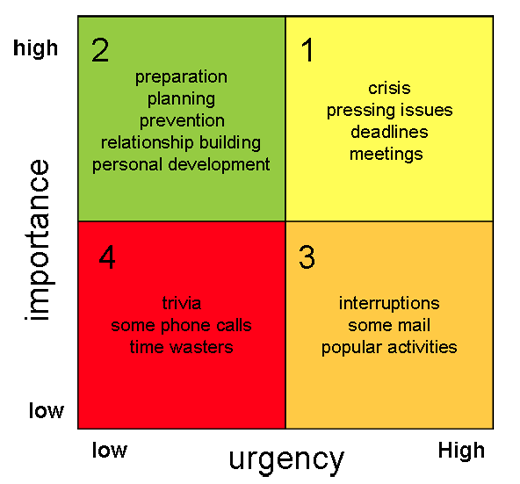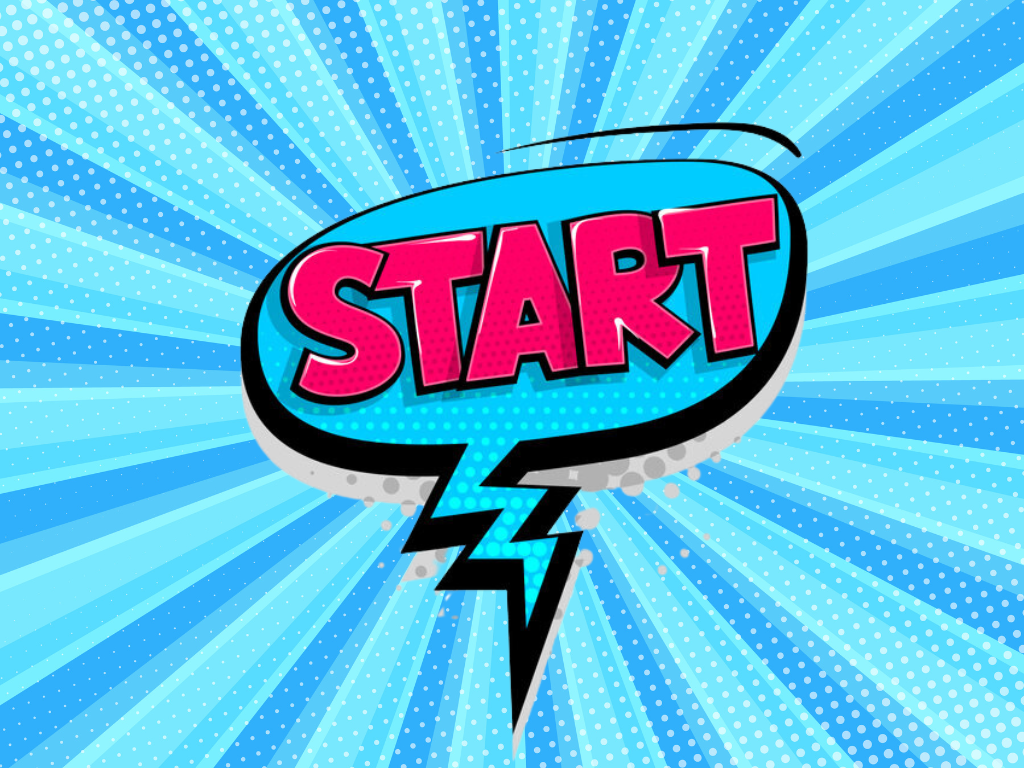There’s something about our nonprofit profession that leaves a lot of us harried and overwhelmed, never able to catch up. I knew it was tough, but I learned it all over again when I asked our members and others about their biggest challenge in fundraising:
Time (well, lack of time) was the most common number-one challenge.
(Read about it here: The Biggest Challenge in Fundraising Revealed — It’s Not What I Thought)
Our extraordinary time-crush is not only stressful and frustrating — it’s keeping too many excellent people from being fully effective at their jobs.
They spend too much of their time in a perpetual tail-chasing struggle to keep up with the urgent, day-to-day stuff that fills their life. So much so, that they rarely do anything important — like think, dream, or learn. The cost of this — personally and to their organizations — is huge.
If you’re feeling the nonprofit time-crush, I have a tool that has been a major help to me in taking back control of my work life.
It’s a time management tool called the “Eisenhower Matrix,” developed by US President Dwight D. Before becoming President, he served as a general in the United States Army and as the Allied Forces Supreme Commander during World War II. He also later became NATO’s first supreme commander. Talk about time-crush!
The Eisenhower Matrix is built on an important principle: What is important is seldom urgent and what is urgent is seldom important.
It divides all your tasks into quadrants by their urgency and their importance. It looks like this:

- Quadrant 1: Important and urgent. Emergencies and other non-negotiables that you must deal with now. This quadrant takes care of itself. The operational word for this quadrant: Do.
- Quadrant 2: Important and not urgent. Things like planning, thinking, personal development, and other forward-looking activities. This is where the important stuff happens — where you achieve your greatness. It’s also the area you are most likely to neglect, because of the urgent things that call to you from the first and third quadrants. The operational word for this quadrant: Decide — you have to decide to do these things, to schedule them and defend your schedule to make them happen.
- Quadrant 3: Urgent and not important. Emails, phone calls, fake emergencies. These are the things that are killing you. Their urgency crowds them onto your daily schedule. You have to learn to say no — or find a way to delegate them to others. The operational word for this quadrant: Delegate.
- Quadrant 4: Not important and not urgent. These unnecessary and time-wasting things are easy to get rid of, but sadly, they find their way into our days all too often. By recognizing that they are not important, you can avoid them. The operational word for this quadrant: Delete.
List the tasks you are facing by quadrant. You can do this as a sort of general “time audit,” but it will have more impact if you do it regularly — once a week or even every day. Then strategize how you will spend your time.
Your most important task: spend as much time in quadrant #2 as you possibly can, and spend little or no time in quadrants #3 and #4. That’s the secret to success. In fundraising and in life.
Here are some additional ways to get the most from your Eisenhower Matrix:
- Limit yourself to eight or fewer tasks per quadrant. Avoid adding new tasks until you’ve completed previous tasks.
- Have one list for both your professional and private tasks. You are one person, not two!
- Stand up for your quadrant #2 priorities. You are the only one you can depend on to do this.
- Procrastination is your enemy. It’s what pushes you into the low-importance categories. Watch yourself for signs of procrastination.
One of the best ways to maximize your Quadrant #2 time is to learn more about fundraising. One of the best ways to do that? Join The Fundraisingology Lab by Moceanic — the home for smart fundraisers like you who want to do the very best work. Our community of members is at your fingertips to help you focus on the things that will have the biggest impact on your fundraising.
Related posts:











1 Comment. Leave new
You probably know that this Time Matrix is also used by Stephen Covey in the Habits of Highly Effective People. He adds that what you call Trivia is where people go when they are exhausted or burnt out and is the result of spending too much time fire-fighting. He suggests you not beat yourself up over time spent here, but focus on reducing Urgent/Not Important. I’ve been teaching this concept for a long time and can tell you that this quadrant could also be called Other People’s Emergencies. The problem is when the Other People are important to you, their emergencies become important to the relationship, and thus hard to avoid.